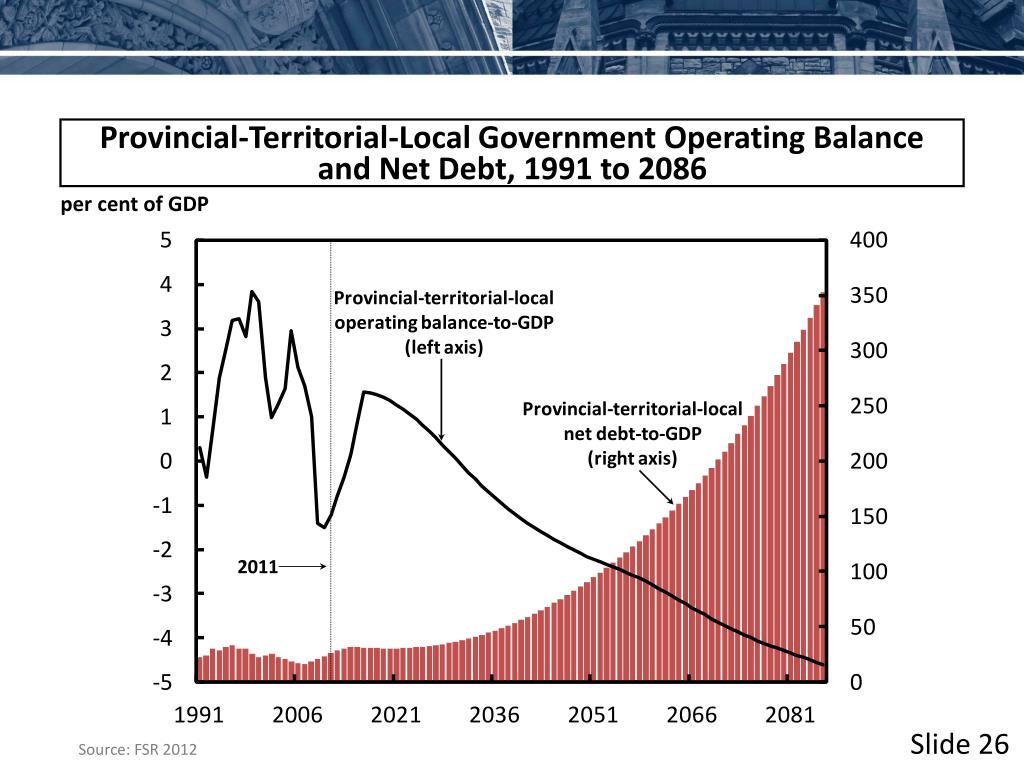OpenAI Facing FTC Investigation: Understanding The Concerns

Table of Contents
Data Privacy Concerns at the Heart of the FTC Investigation
The FTC's investigation into OpenAI centers heavily on concerns regarding data privacy. The sheer scale of data collected and processed by OpenAI's models raises serious questions about compliance with existing regulations and the potential for misuse of personal information.
The Collection and Use of Personal Data
OpenAI's data collection practices are extensive. They encompass:
- User inputs: Every prompt, query, and interaction with models like ChatGPT contributes to a vast dataset used for training and improving the AI.
- Training data: The models are trained on massive datasets scraped from the internet, raising concerns about the inclusion of personal information without explicit consent.
These practices raise potential violations of several privacy laws, including:
- COPPA (Children's Online Privacy Protection Act): Concerns exist regarding the potential collection of data from minors without parental consent.
- GDPR (General Data Protection Regulation): The GDPR's stringent requirements for data processing and user consent are a key area of scrutiny for OpenAI's international operations.
Potential misuse of this data includes:
- Unauthorized disclosure: A breach could expose sensitive personal information to malicious actors.
- Profiling and discrimination: Data could be used to create profiles that lead to discriminatory outcomes.
- Lack of transparency: Users may not fully understand how their data is being collected, used, and protected.
Data Security and Protection Measures
The security of OpenAI's infrastructure is paramount. A data breach could have catastrophic consequences, including:
- Identity theft: Exposure of personal details could lead to identity fraud and financial loss for users.
- Financial loss: Sensitive financial information used in prompts could be compromised.
- Reputational damage: A data breach could severely damage OpenAI's reputation and erode user trust.
The FTC is likely evaluating OpenAI's compliance with data security regulations and scrutinizing their security measures against the potential for breaches. Any past security incidents and their impact will be under close examination.
Algorithmic Bias and Fairness in OpenAI's Models
Another major concern driving the FTC investigation is the potential for algorithmic bias in OpenAI's models.
The Nature of Algorithmic Bias in AI Systems
Algorithmic bias refers to systematic and repeatable errors in a computer system that create unfair outcomes, often reflecting biases present in the training data. In OpenAI's models, this could manifest as:
- Gender bias: AI might perpetuate gender stereotypes in responses or output.
- Racial bias: AI could exhibit prejudiced behavior towards certain racial groups.
- Socioeconomic bias: AI might reflect and amplify existing socioeconomic inequalities.
The ethical implications of deploying biased AI models are significant, potentially leading to discriminatory outcomes in various aspects of life.
OpenAI's Efforts to Mitigate Bias
OpenAI has publicly acknowledged the challenge of algorithmic bias and has outlined various strategies to mitigate it. However, the effectiveness of these strategies remains a subject of debate. The FTC's investigation will likely examine:
- Data curation techniques: How effectively is biased data removed or neutralized from training datasets?
- Model evaluation methods: Are appropriate methods used to detect and measure bias in the models?
- Transparency and accountability: How transparent is OpenAI about its bias mitigation efforts?
The difficulty in achieving complete fairness in AI is a significant challenge, and the FTC's investigation will likely shed light on the limitations of current bias-mitigation techniques.
The Broader Implications of the OpenAI FTC Investigation for the AI Industry
The FTC's investigation into OpenAI has far-reaching implications for the entire AI industry.
Setting Precedents for AI Regulation
This investigation could set crucial precedents for future AI regulation, shaping how other AI companies approach data privacy, algorithmic bias, and other ethical considerations. It underlines the urgent need for:
- Clear guidelines: Standardized regulations and ethical frameworks are necessary for AI development.
- Industry-wide best practices: The AI industry needs to collaborate to establish best practices for responsible AI development and deployment.
- Increased transparency: Greater transparency is needed in data handling, model development, and bias mitigation strategies.
The Future of AI Innovation and Development
Increased regulatory scrutiny might create a "chilling effect" on AI innovation, potentially slowing down progress. The FTC's investigation raises the crucial question of how to balance responsible innovation with the potential for stifling progress. Striking this balance is critical for the long-term health and growth of the AI industry.
Conclusion
This article explored the core concerns fueling the FTC's investigation of OpenAI, focusing on data privacy issues, algorithmic bias, and their broader impact on the AI landscape. The investigation underscores the crucial need for robust regulations and ethical guidelines to ensure the responsible development and deployment of AI technologies. The OpenAI FTC investigation serves as a stark reminder of the potential risks and the necessity for proactive measures to mitigate these risks.
Call to Action: Staying abreast of the OpenAI FTC investigation and the evolving landscape of AI regulation is paramount. Continue to follow updates on the OpenAI investigation and delve deeper into the complexities of AI regulation and responsible AI development to contribute to a safer and more ethical future for AI.

Featured Posts
-
 Fiscal Responsibility And Canadas Future A Call For Change
Apr 24, 2025
Fiscal Responsibility And Canadas Future A Call For Change
Apr 24, 2025 -
 My Experience With The Lg C3 77 Inch Oled Tv
Apr 24, 2025
My Experience With The Lg C3 77 Inch Oled Tv
Apr 24, 2025 -
 Lab Owners Guilty Plea Faked Covid Test Results During Pandemic
Apr 24, 2025
Lab Owners Guilty Plea Faked Covid Test Results During Pandemic
Apr 24, 2025 -
 High California Gas Prices Prompt Governor Newsoms Call To Action
Apr 24, 2025
High California Gas Prices Prompt Governor Newsoms Call To Action
Apr 24, 2025 -
 Canadas Fiscal Challenges The Case For Responsible Governance
Apr 24, 2025
Canadas Fiscal Challenges The Case For Responsible Governance
Apr 24, 2025
